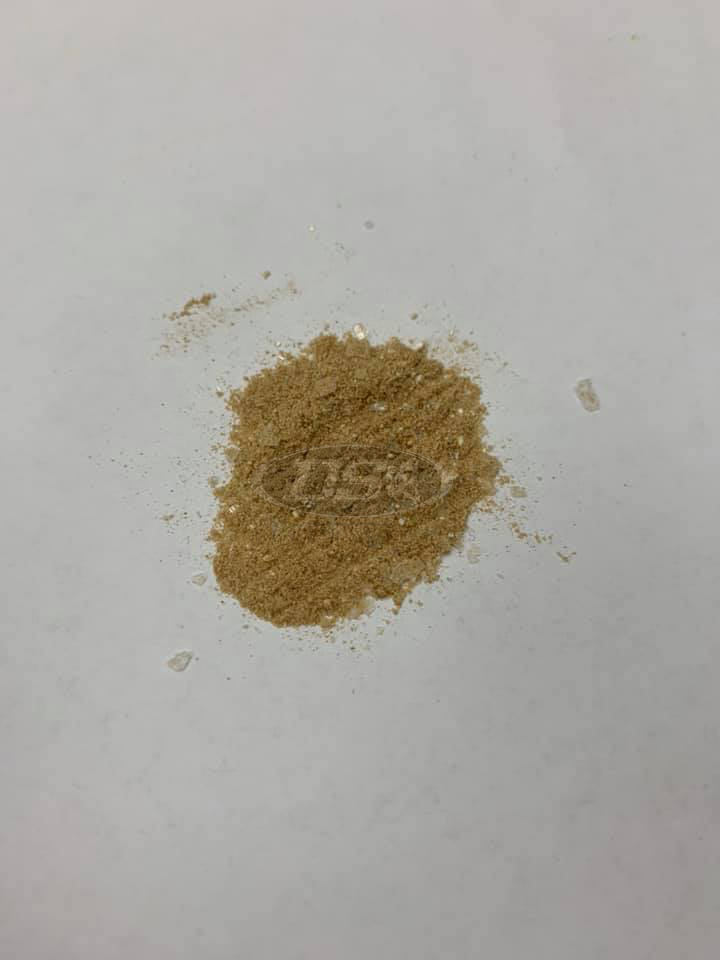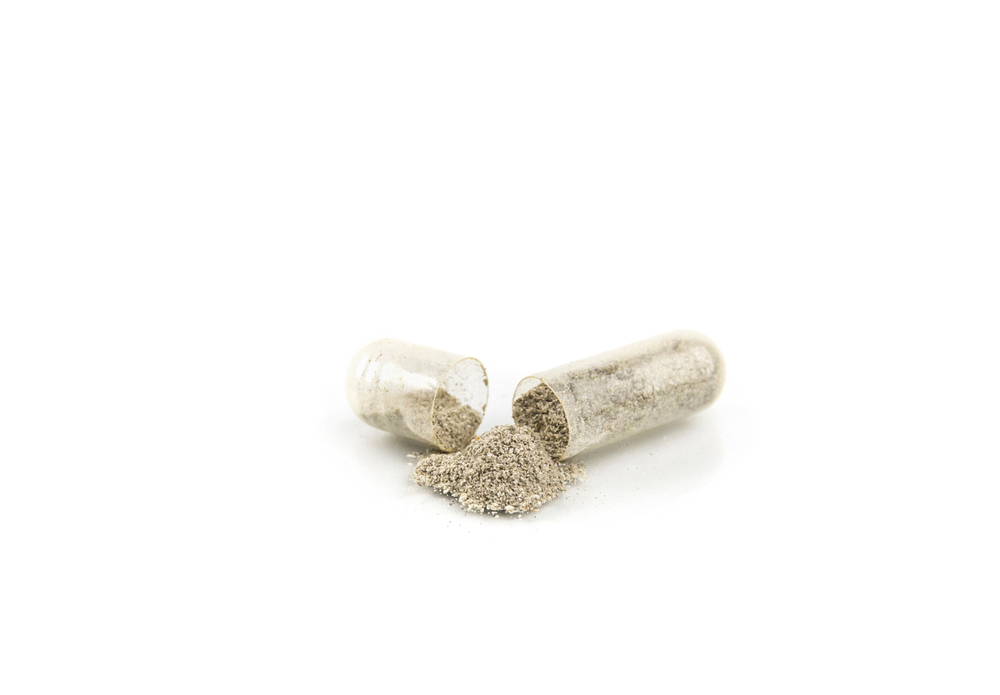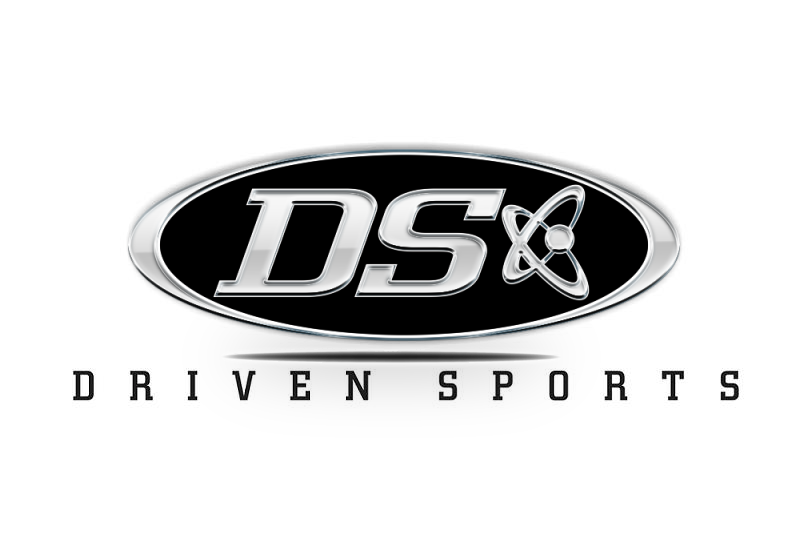 Synonymous with bro-science is the concept that all proprietary blends are bad. The supplement industry seems to be the one industry where consumers feel that not disclosing ingredients outside of a proprietary blend immediately means that there is a something to hide (there may be, we will explain). When someone picks up a can of Coke they don’t demand to know what the natural flavors are and at what dosage, nobody has ever looked at a Ketchup bottle and asked for the ratio of corn syrup to high fructose corn syrup, but when it comes to a supplement the concerns arise. Why?
Synonymous with bro-science is the concept that all proprietary blends are bad. The supplement industry seems to be the one industry where consumers feel that not disclosing ingredients outside of a proprietary blend immediately means that there is a something to hide (there may be, we will explain). When someone picks up a can of Coke they don’t demand to know what the natural flavors are and at what dosage, nobody has ever looked at a Ketchup bottle and asked for the ratio of corn syrup to high fructose corn syrup, but when it comes to a supplement the concerns arise. Why?
Well, they may be hiding something (we told you). The supplement industry has a lot of sound science behind many products, but there are just as many products that are based on conjecture, hope, and placebo. There are certain ingredients that a consumer is looking for and demands to be in product because they know it works. One way to use a prop blend is to put that ingredient in the product at an ineffective dosage and hide it in a prop blend. The consumer sees the ingredient, has faith that the product is properly dosed and buys it. The manufacturer knows that it has a product that is not effective but has made a sale.
This method was very popular for a long time, but luckily consumers have gotten wise. A decade ago prop blends were everywhere, now you see many more manufacturers disclosing actual dosing for each ingredient. Consumers have realized that basic products with classic ingredients simply do not need to use a prop blend and the market shifted to accommodate consumer demand. So basically nobody should be using a proprietary blend, right?

Well, no. If you are reading this then you are aware of our products and the fact that we still use prop blends. Proprietary blends serve a distinct purpose, and that is protecting intellectual property. The supplement industry, like most businesses, has companies of all sizes and means. The supplement industry is also full of copy-cats that take the newest thing, put their spin on it (sometimes), and release it under their own brand. This means that a small company that releases new and novel products that work (like this one for example) can introduce a new product or ingredient and have it “copied” by a larger company and lose their market share. There is always the possibility of suing, but that is rarely successful in this industry and is costly. The majority of times, a larger company can make a lawsuit go away by simply spending money until a smaller company runs out of money.
This is where a proprietary blend has a purpose. A new and novel product can be introduced and all of the work finding the right combination and dosage of ingredients can be protected in a prop blend. It doesn’t mean that it won’t be copied, but it means that it likely will not be copied exactly, and that matters. So while prop blends have developed a deservedly bad name, they are not all bad and should not turn consumers off. If companies stop using them, then the innovation from smaller companies (like this one for example) would stop and the larger companies would monopolize the market and innovation could die. Not fully disclosing what the exact dosage of your ingredients drives the market forward and encourages all companies to release better products for the consumer. That alone is reason to support them, and if not, well we are as anxious as you to find out what the secret blend of seven herbs and spices are.

